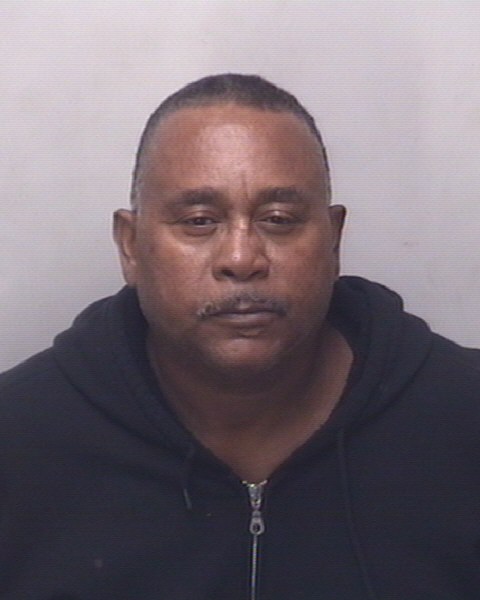Kannapolis passes 2017-2018 budget that keeps tax rate flat
Published 12:05 am Tuesday, June 27, 2017
KANNAPOLIS — The City Council on Monday approved a budget for the 2017-18 fiscal year that projects a multimillion-dollar increase in tax revenue and avoids a tax increase as a result.
The general fund budget keeps the tax rate at 63 cents per $100 in valuation and projects $44 million in expenses. The total budget projects $68.13 million in expenses, which is $4.1 million greater than the current year budget. The total amount includes other funds, such as water and sewer.
Local sales tax revenue is projected to increase by $1.3 million.
The Kannapolis City Council unanimously approved the budget after a brief discussion about the document. No changes were made from the time it was introduced in May, said City Manager Mike Legg.
The new fiscal year begins Saturday.
Councilman Roger Haas started discussion by praising the city staff and said the budget “checks all the boxes we are trying to hit.”
“If I had to describe this budget, I’d probably say that this budget begins to lay the foundations for the lasting success that we’re looking for,” Haas said. “We’re not there yet, and it’s a long-term goal.”
Councilman Ryan Dayvault questioned fluctuations in travel and training expenses for individual departments. Councilman Darrell Jackson said it’s encouraging to see tax revenue continuing its upward trend.
When he introduced the budget in May, Legg said downtown redevelopment was a major driver of the spending plan. However, the budget does not include either of the two major projects planned in downtown Kannapolis — a baseball stadium and a demonstration project that includes apartments, retail stores and a parking deck.
Instead, the budget says the city will take on $25 million in debt to pay for water, sewer and stormwater improvements downtown.
The baseball stadium and demonstration project will start in the 2017-18 fiscal year but are not expected to affect the city’s finances until the 2018-19 fiscal year.
The city will also take on $6 million in debt for a water and sewer extension into western Cabarrus County.
Other significant items in the budget include:
• $10.5 million, which requires a loan, to pay for replacement of two fire stations, the purchase of a ladder truck and fire engine, and completing Phase 3 of Village Park.
• $600,000 to hire 15 employees, a third of whom will work for an in-house yard waste collection operation.
• $3 million in operating capital and vehicles, half of which is related to the yard waste operation.
The City Council held its public hearing on the budget two weeks before Monday’s meeting. However, one person spoke during the council’s public-comment period on Monday night about the budget and police staffings.
Vickie Carpenter criticized city officials for not increasing the number of police officer positions at the rate that a staffing report suggested. Carpenter said she wants to see Kannapolis grow and prosper but she doesn’t want to see police officers overburdened.
Shortly after passing the budget, the council unanimously passed a fee schedule for the coming fiscal year.
The budget includes two fee increases. A water and sewer fee increase will add 40 cents for every 1,000 gallons used. City staff projects that increase will mean an additional $3.20 on an average bill. The budget also includes a $1.25 increase in the monthly stormwater rate for all tiers.
In other business at Monday’s meeting
• Representatives of Duke Energy made a presentation about the company’s energy saver program.
On Thursday, the company will have a community meeting from 6 to 7:30 p.m. at the Laureate Center, 401 Laureate Way, to discuss the program. The company will provide energy assessments and upgrades to residents of a predetermined area of Kannapolis.
The area of the city eligible for the free program is mostly north of Jackson Park Road and North Loop Road. A majority of the eligible residents also live west of North Cannon Boulevard.
All those eligible for the program will receive a letter in the mail, said Duke Energy District Manager Randy Welch.
Some of the upgrades provided by Duke Energy include installing LED lightbulbs and providing air filters.
Welch said the upgrades could reduce electricity bills.
• The council delayed a decision about the voluntary annexation of a 1.1-acre property on Gully Street.
The annexation would be considered a “satellite annexation,” meaning the land in question in not adjacent to the city limits. Council members and Legg primarily discussed costs associated with annexing such a property, which would sit in a neighborhood that’s not in the city limits.
Whereas the tract in question might hold only a couple of homes, a larger tract could hold more houses and wouldn’t have the same concerns, Legg said.
Contact reporter Josh Bergeron at 704-797-4246.





